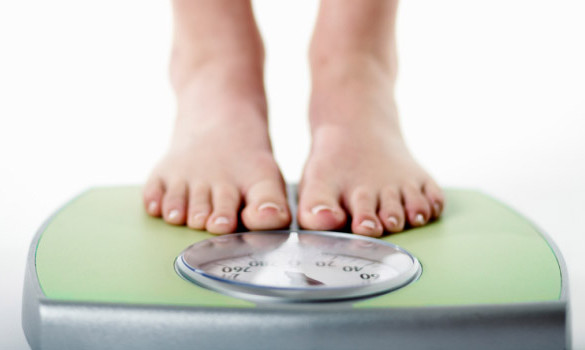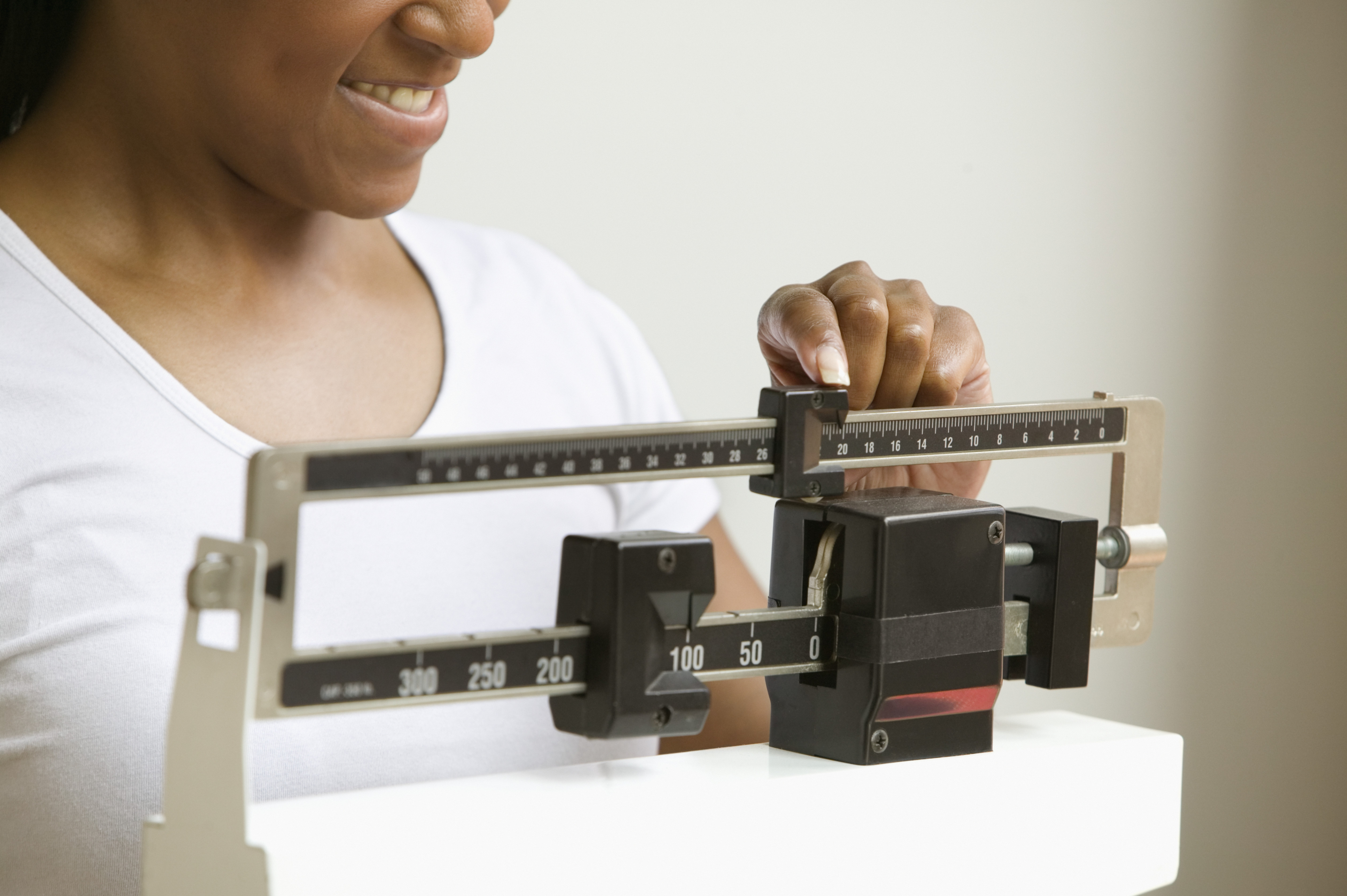WASHINGTON — Thanksgiving is just two days away, when the resolve to avoid holiday weight gain gets tested to the fullest.
This is the second in a series of talks between WTOP’s Mark Lewis and Debra Feinstein and Sally Squires, author of the Lean Plate Club™ blog, a former Washington Post health writer and Washington Post Radio contributor, about tips and tricks to avoid packing on the pounds during the season. It’s the Lean Plate Club™ Holiday Challenge, and WTOP invites all listeners and readers to join in.
The goal, Squires says, is “simply about maintaining your weight from Thanksgiving to New Year’s,” which is a bigger deal than it sounds.
“Healthy-weight people put on a pound” over the holidays, Squires says, and take it off in the spring.
Overweight or obese people — “and that’s two-thirds of us” — put on about two pounds over the holidays, but more importantly, they don’t take it off.
“So, you get the idea — two pounds this year, two pounds next year — it starts to add up.”
So how can you keep Thanksgiving dinner from wrecking our bodies? Do you have to sit there nibbling celery while everyone else gorges?
Not hardly, Squires says. A typical Thanksgiving meal is 2,000 to 2,500 calories, and “that’s not a huge amount. Serve what you want; enjoy the day. That’s what this day is about: It’s about enjoying food and family and friends and being thankful for all the things that we have.”
Within that, though, there are a few steps you can take.
First off, start with soup, Squires suggests, even if it’s eaten sitting around the living room.
“It’s hot; you have to sip it — you can’t eat it fast,” she says. “That’s slowing it down, so that not only to you get to enjoy everybody who’s around you, but you also get a chance for your stomach chance to tell your brain that you’re being fed, so you don’t have to eat everything in sight.”
When you get to the main event, you generally have plenty of options.
“The nice thing about Thanksgiving is, it has a ton of vegetables,” Squires says, such as green beans, sweet potatoes and salad.
“Those are all really great foods, and often, most of us don’t eat enough of them. So here’s a great time to enjoy.”
And when you do indulge, make it count.
“Remember those special things that say ‘holiday’ to you. I like to look around the table and say ‘OK, what am I going to eat today that I’m not going to eat the rest of the year? If I didn’t serve pecan pie, my family would leave the table. … So it’s looking for whatever dish means ‘holiday’ to your family.”
Candied sweet potatoes, or stuffing, are good examples of foods that are Thanksgiving-specific, or close to it, so Squires says to have at it.
While you like to think you’ll starve ourselves for days before Thanksgiving, then go without eating for, oh, a week afterward, that doesn’t happen, Squires says.
It’s important to be careful what you eat the rest of the day.
If you eat Thanksgiving dinner later in the day, Squires says, “Have a reasonable breakfast and lunch, spaced out a couple of hours.”
And don’t forget to budget in all the snacking you’ll do while watching parades and football games — make it a lighter breakfast and lunch to allow for the snacks.
If you eat early, you will — hard as it may be to believe when you push back from the table — get hungry again.
The key then is to be smart with the leftovers: Make soup with any leftover broth, and munch on some leftover vegetables. And the food doesn’t have to tempt you all weekend.
“You get to send leftovers home with [company],” Squires says, and make lighter dishes such as soup, turkey tacos or more.
“And don’t forget — you have a freezer. … Pop some of that leftover pie in there; salad doesn’t freeze do well, but sweet potatoes do, and so does turkey.”
So, when should you step on the scale to measure the damage?
“You might want to wait until Monday,” Squires says.
If it turns out you’ve gained a couple of extra pounds, she says, it’s not time to panic. For starters, keep drinking water to flush your system. But more importantly, remember that on Monday morning, there’s still more than a month until New Year’s.
“Start thinking, ‘How do I get back on track?’ … Remember: the holiday is that one day; that’s what makes it special. It’s not a holiday every day.”
In short, she says, reset yourself, get back on track, “and have fun.”
You can email Squires questions and comments at sally@sallysquires.com.









